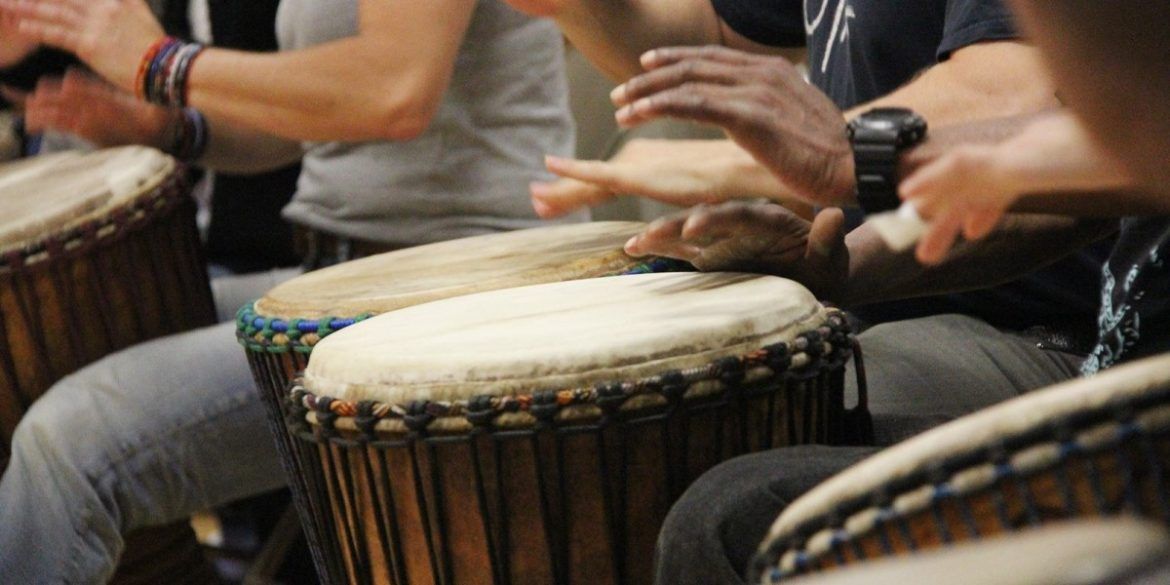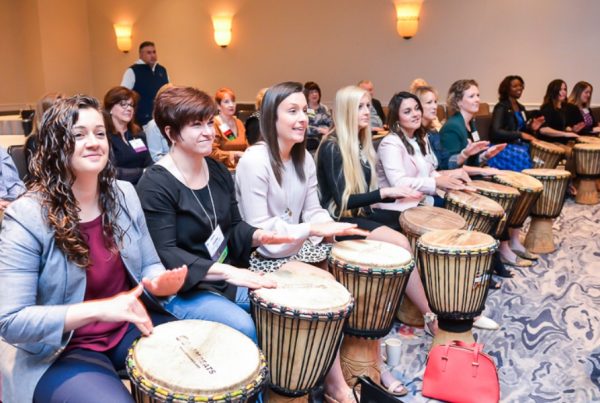Playing drums is not just a fun and exciting activity; it also offers us numerous benefits for physical and mental health. From reducing stress to improving cognitive function, here are some of the benefits of playing drums.
1. Stress Reduction
Playing drums can be a great way to relieve stress and improve mental health. According to a study published in the International Journal of Music Education, drumming can help reduce anxiety and depression by increasing alpha waves in the brain, which promote relaxation and calmness [1].
2. Physical Fitness
Playing drums can also offer physical fitness benefits, including improved cardiovascular health, increased coordination, and strengthened muscles. Drumming requires physical stamina, endurance, and coordination, which can improve overall fitness levels [2].
3. Improved Cognitive Function
Drumming can improve cognitive function, including attention, memory, and problem-solving skills. A study published in Frontiers in Human Neuroscience found that regular drumming can improve attention and working memory in adults [3].
4. Social Connection
Playing drums can also help individuals connect with others and build relationships. Drum circles, in particular, offer a sense of community and promote social bonding [4].
5. Emotional Intelligence
Drumming can also provide a means for healthy emotional expression and mood modulation. According to a study published in the journal PLoS One, playing drums can increase positive emotions and decrease negative emotions, such as anger and sadness [5].
To bring the well-being benefits of drumming to your workplace, get in touch with us at connect@sewabeatsusa.com or 1-800-273-1465.
Sources:
[1] Bungay, G. (2011). “Drumming and wellness: Rhythmic music therapy for older adults in residential care.” International Journal of Music Education, 29(4), 432-444.
[2] Karageorghis, C. I., & Priest, D. L. (2012). “Music in the exercise domain: A review and synthesis (Part II).” International Review of Sport and Exercise Psychology, 5(1), 67-84.
[3] Müller, V., Lindenberger, U., & Li, S. C. (2012). “Lifelong plasticity: From novelty to habituation through experience-dependent brain plasticity.” Frontiers in Human Neuroscience, 6, 1-16.
[4] Tarr, B., Launay, J., & Dunbar, R. I. (2014). “Music and social bonding: “Self-other” merging and neurohormonal mechanisms.” Frontiers in Psychology, 5, 1-9.
[5] Wang, W. S., & Faw, M. (2017). “Effects of group drumming interventions on anxiety, depression, social resilience and inflammatory immune response among mental health service users.” PLoS One, 12(3), e0173390.





